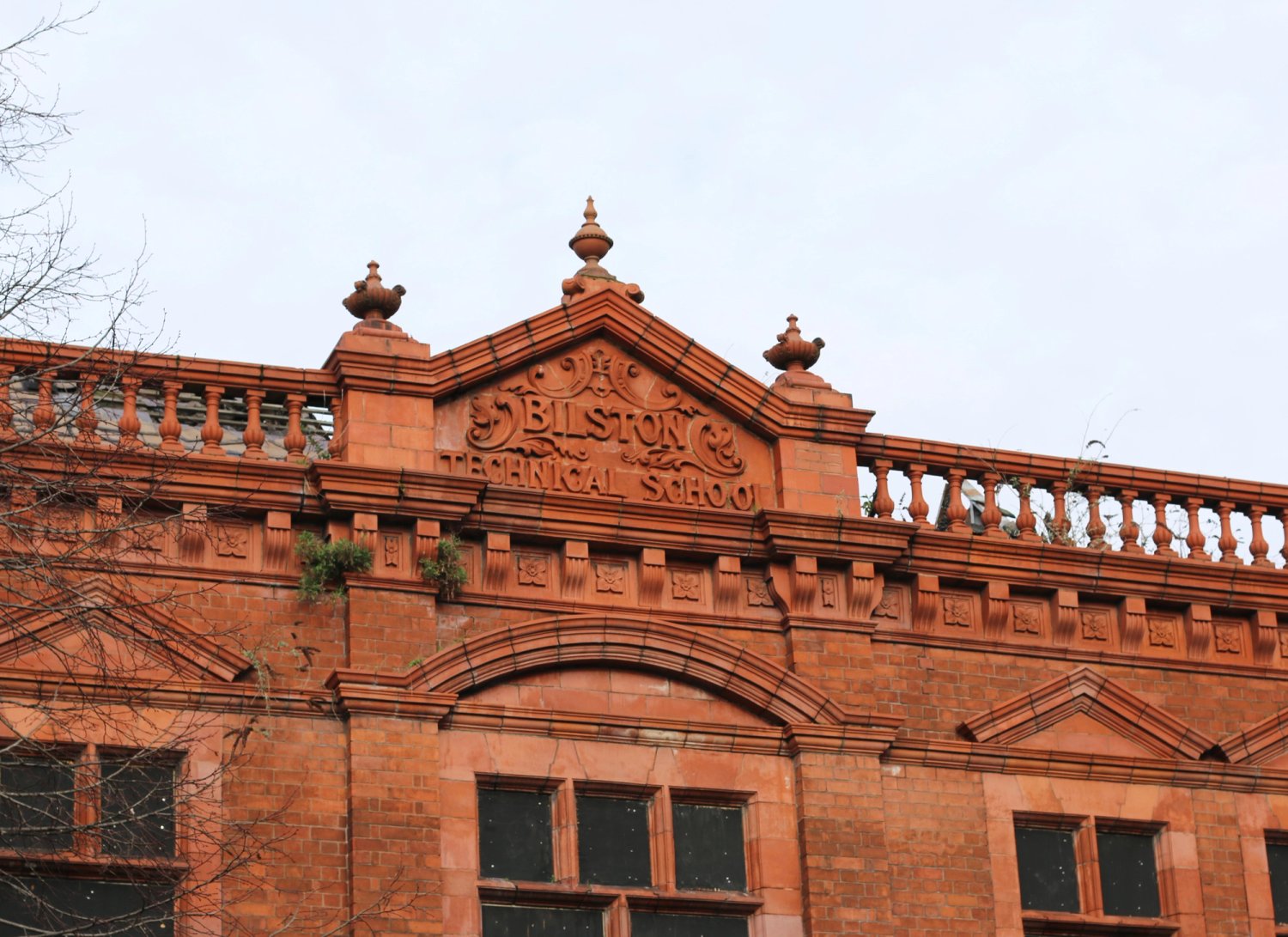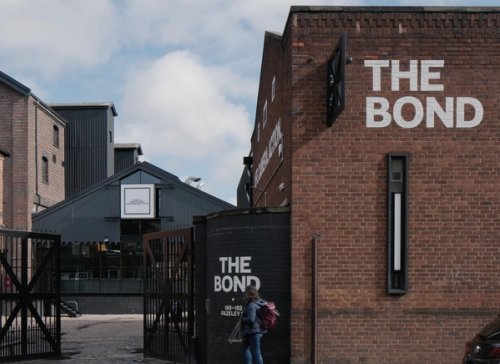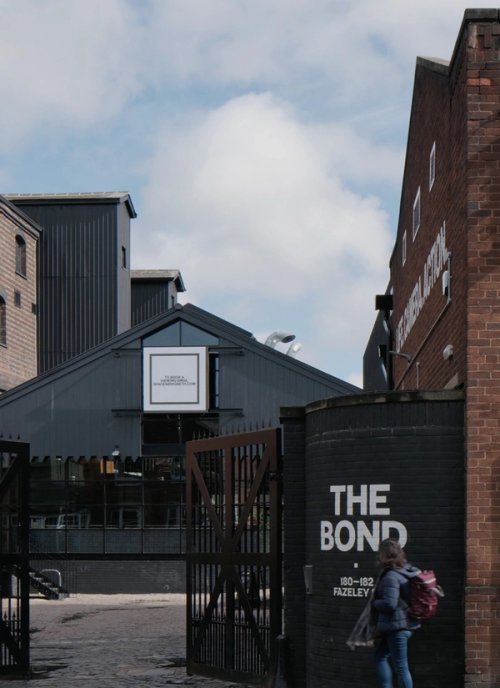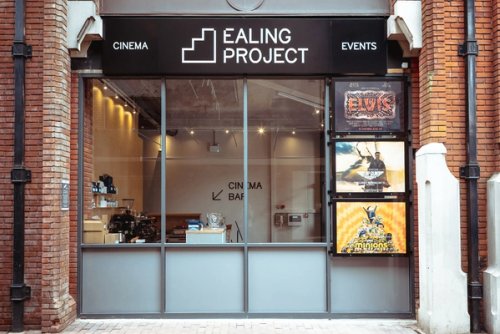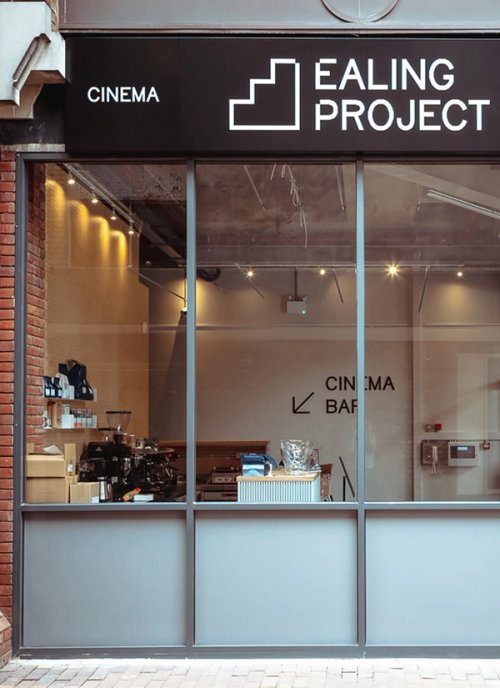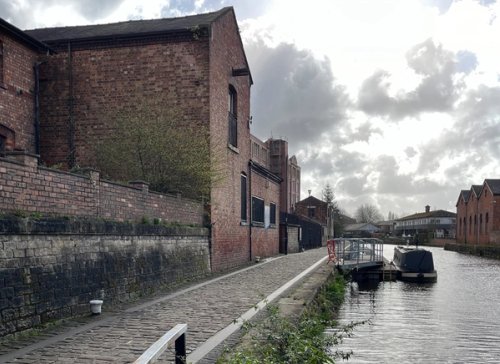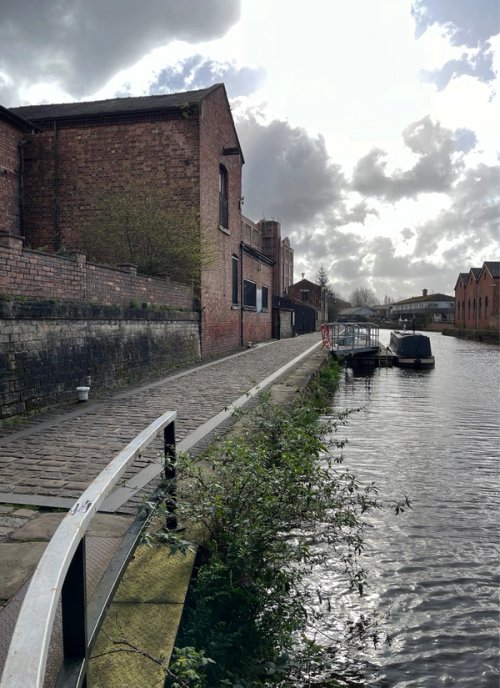Building a local cultural movement in Bilston
15 September 2024
Bilston has a history of doing things its own way. Legacies of making, social organising and innovation have cultivated a unique local energy — not least the first UK town to index happiness. With new central government funding coming into the town over the next decade, residents must be empowered to draw on this legacy to seed new cultural growth in Bilston.
We’ve been working to produce a Cultural Infrastructure Micro-Plan to set a trajectory for culture rooted in local values.
We recognise it is important to ensure opportunities for culture lock in Bilston’s values—the things like happiness, cohesion, and healthy communities that have always been important to people in this place. Understanding which town centre assets can play a role in this mission, and imagining how Bilston’s creative residents can activate them, will be key first steps in embedding culture in the town.
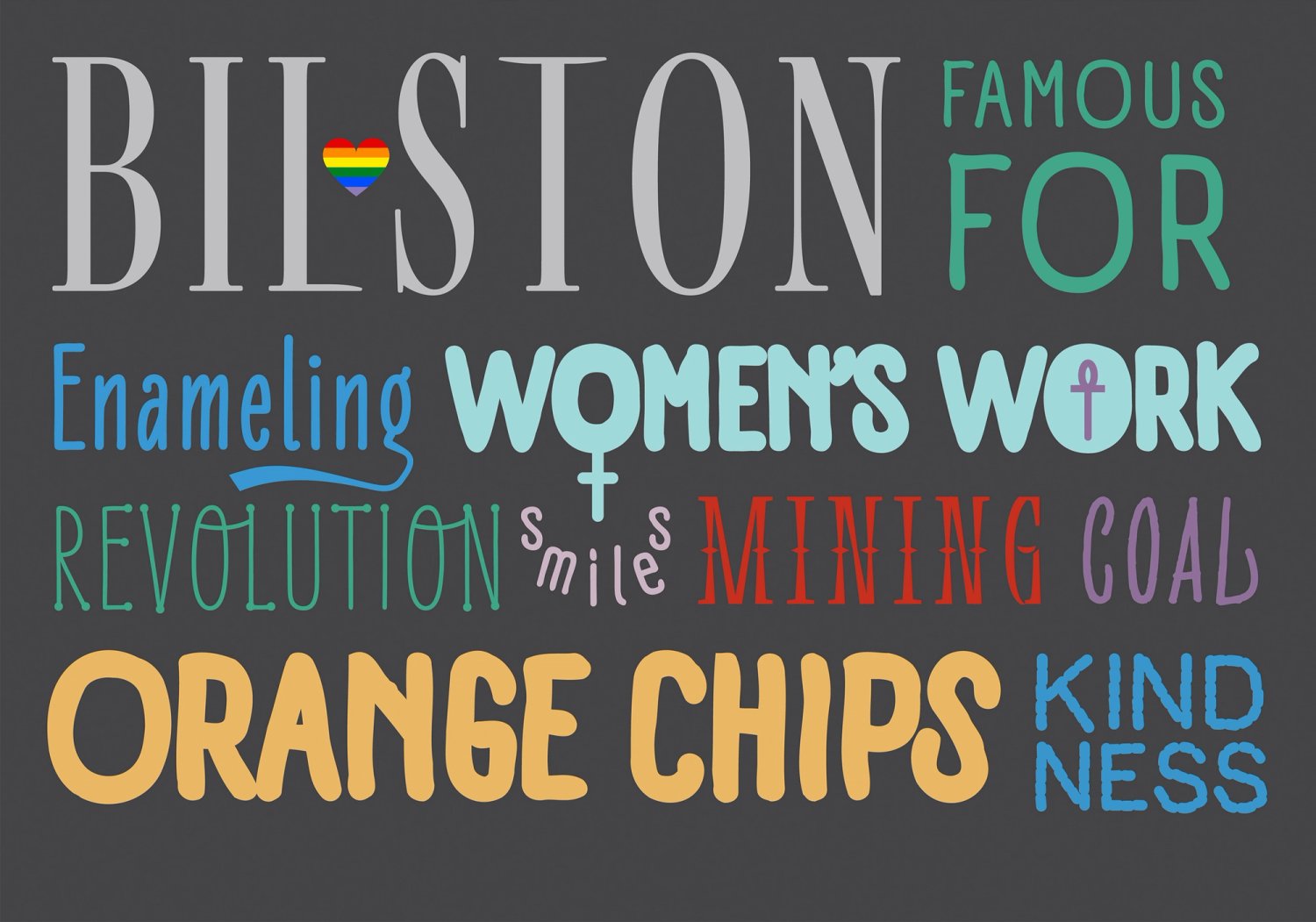
So what are the opportunities for defining culture and heritage?
Current momentum to strengthen Bilston’s offer as a place for culture is strong. Over £45 million is destined for Bilston across the next ten years, with a focus on bringing new life to Bilston market, strengthening links through the town centre, improving the public realm, ensuring safety, improving health and wellbeing and creating opportunities for local voices to be heard in regeneration and development processes.
Bilston town centre also has a suite of well-loved heritage assets, four of them at-risk, which are important to local character. Buildings like Pipe Hall, the Banquet Hall on Lichfield Street, and the former Technical School are at serious risk of dilapidation should funding not be urgently secured to restore them and bring them back into use.
Culture can play a central role in advancing these projects and ensuring they deliver opportunities for local residents. We’ve worked with the West Midlands Combined Authority and City of Wolverhampton Council – supported by collaborators PRD and Stockdale – and connected with local stakeholders who will take forwards opportunities.
This Cultural Infrastructure Micro-Plan takes a values-led approach to translating evidence into recommendations for cultural infrastructure, ensuring proposed projects deliver against Bilston’s challenges, capitalise on opportunities and support resident autonomy in determining the town’s long-term cultural trajectory. The Bilston values for culture developed to guide this micro-plan include:
- Empowered, inclusive and cohesive communities
- Cultural access for all
- Happy and healthy communities
- Music-making and musicians
- Bringing life to heritage spaces
- A town which welcomes everyone at night
- Opportunities to learn new skills
- Active town centre public spaces
- An active role for culture in the climate conversation
How can we activate space for culture in Bilston town centre?
This micro-plan for Bilston’s cultural development recommends four priority projects to address identified values for culture. These projects align closely with Bilston’s cultural requirements and aim to leverage existing and emerging cultural initiatives, such as those led by the Gazebo Theatre, the new Urban Room, Bilston Market regeneration efforts, and the grassroots music scene.
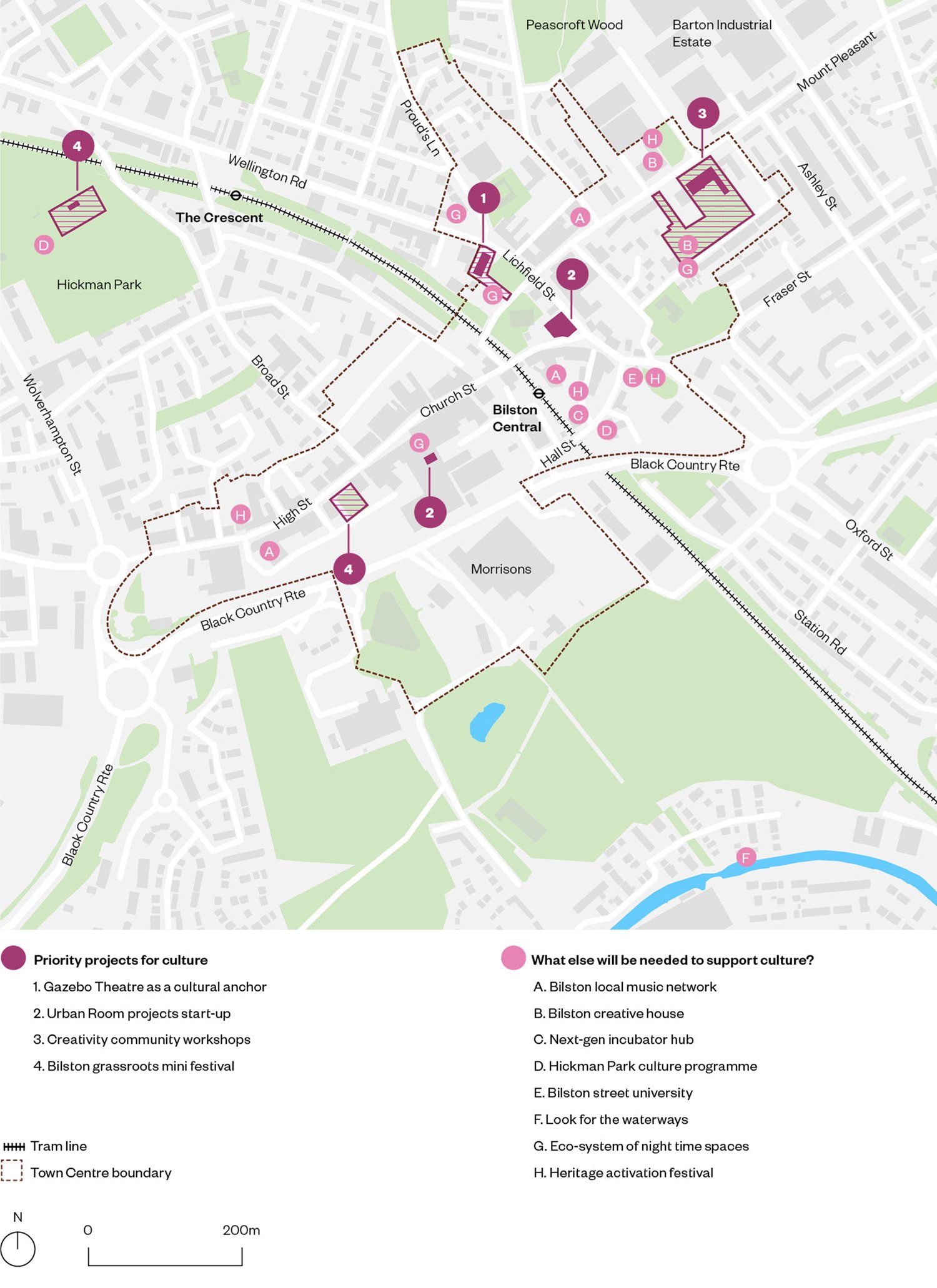
Emphasis should be placed on activities that lay the groundwork for long-term cultural growth, utilising underused buildings and public spaces like the Craft Gallery, the Town Hall, and Turner Boulevard. Identifying suitable spaces and assets for collaboration, education, training, and outdoor cultural activities is also crucial, given local need.
In addition to the priority projects, eight complementary initiatives are proposed to further support Bilston’s cultural development and address additional community needs. Collaboration with various stakeholders, including cultural institutions, operators, landowners, public sector partners, charities, and local organisations, is essential for the success of these projects.
Ultimately, the four priority projects aim to pave the way for larger ambitions in Bilston, facilitating the sustainable activation of its cultural assets and guided directly by Bilston's values.
